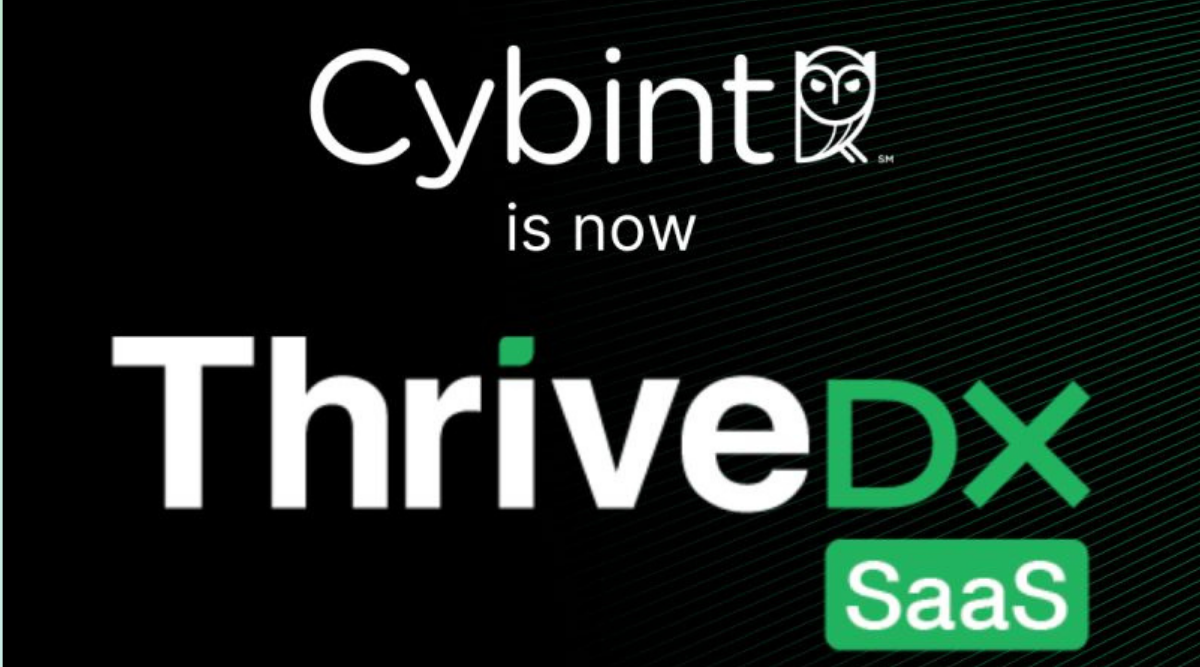Protecting your investments is crucial to your financial prosperity. People used to lock their store of value type of funds like gold and silver in their safe deposits or strongboxes. In fact, they’re still doing it, but as the time goes on the possibilities and ways of storing wealth has changed.
There’s a new emerging asset class on the horizon called Cryptoassets.
Those assets’ transcripts are based solely on cryptography and certain math rules — that means you can’t touch them or see in a physical form (kinda). Your cryptocurrencies are being held in the special wallet and there are no banks to take care of your funds, so it’s in your own interest to make sure that your investments are protected accurately. You are your own bank.
I will characterize very briefly each type of wallet and give you a clue about the best options to keep your funds on. I won’t dive deep into every detail as there’s already numerous technical characterizations of each type of wallet on the web.
Exchange Wallet
This is the riskiest one and it’s where the majority of people are keeping their funds at. Research is saying that about 33% of all bitcoin exchanges have been hacked. In my opinion, the only reason you want to keep any funds there would be to have quick access to trading. If you’re not trading you shouldn’t keep any of your investments here at all. And even if you’re indeed doing it then please do not leave all of your money there. My advice would be to keep (and use) up to 20–50% of your funds for the trading purpose.
Mobile Wallet
I wouldn’t recommend this type of wallet to anyone because smartphones are generally speaking very insecure devices open to malware or keyloggers. Keep only small amounts that you actually intend to use.
Software Wallet
More secure option since you’ve got total control over your cryptocurrencies. You must be aware though to not let any malware compromise your wallet.datfile. Encryption is highly recommended for safety reasons. You should do backups on a regular basis because when your computer or hard drive will break, your funds will disappear.
Hardware Wallet
The best option for keeping your investments. There are two leading products, Ledger Nano S and Trezor, both are great, there are few differences between them though. If you want to pick the best product for yourself then do your own research. I highly recommend every cryptoasset investor to buy one as it is the safest and most secure but at the same time quite flexible wallet.
Cold Wallet
Also known as an offline wallet. You simply print public and private keys on the piece of paper. More trouble with moving your money around but it’s probably the safest option to store your value. The security concern I’d address to is the fact that when you generate wallet address and keys on your computer which is connected to the Internet, then there’s a slight possibility that malware on your PC has taken a screenshot of your private key which will ultimately lead to thievery of your funds.
Your best bet would be to generate your address on the downloaded.html page and you’d best do it on a computer that was never connected to the Internet. Then print your cold wallet with your own printer. If you don’t have one do not ever go to a store in order to print it, you should alternatively ask someone who you really trust and who’s tech aware to do it for you.
Another option is that you can write down the keys on the piece of paper (make sure to not make any mistake though) or use a tool like Cryptosteel(which is immune to external dangers like water or fire in comparison to paper).
With all types of wallets covered, here are some common sense approaches and tips regarding your cryptocurrency investments:
-
- Don’t brag about your investments to anyone/anywhere. You may become a target of cyber assault or worse — a victim of physical assault in extreme cases
-
- Keep your seed passphrase, cold wallet or any other confidential information that appear to be in a physical form in the place that only you know about or have access to. If anyone will reach them then they’ll reach your money too.
-
- Do not share access to your data with anyone, unless you REALLY trust that person
- Use browser extension like MetaMask for extra safety in order to avoid scam and phishing sites
Interested in cyber security practices? Cybint Certificate programs are designed to focus on the needs of non-technical individuals, like you. We offer two independent programs that focus on cyber security (Protection) and cyber intelligence (Discovery) education. Cybint integrates elite cyber expertise with extensive educational experience, and offers unparalleled cyber solutions to multiple markets worldwide. Learn more here.
Originally shared on Medium.





